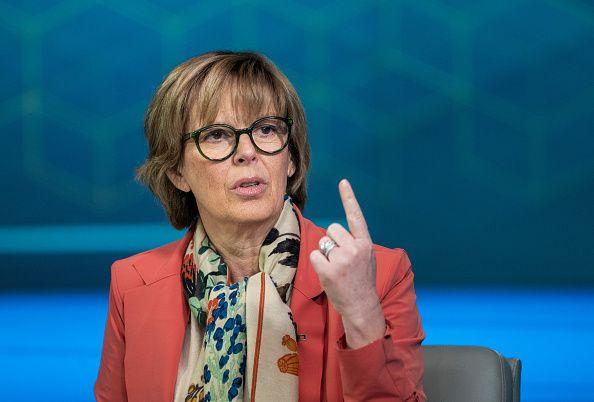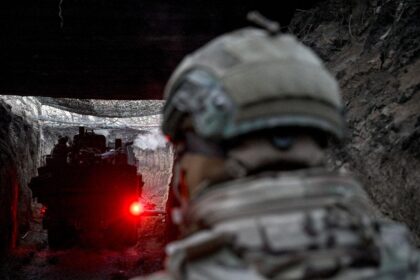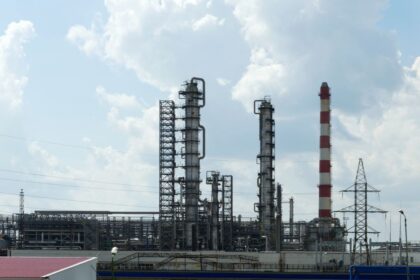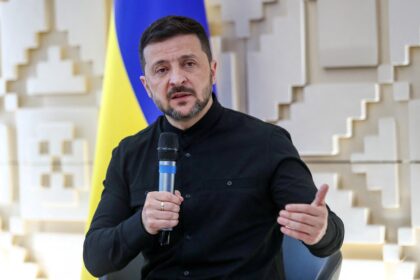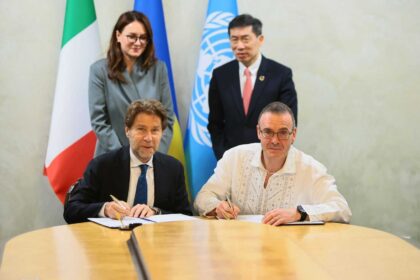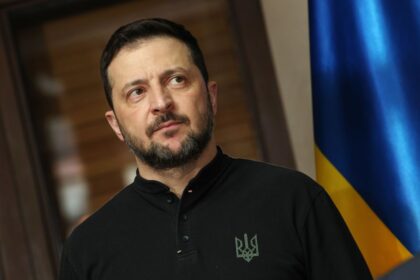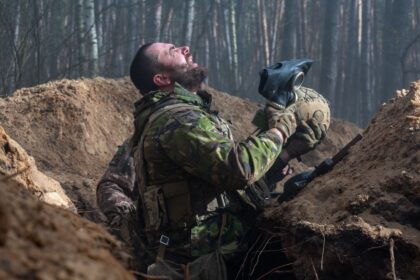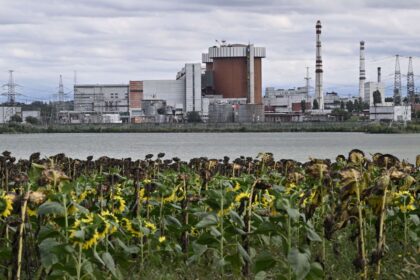**Euroclear CEO Warns Against EU Plans to Invest Frozen Russian Assets**
The head of Euroclear, a financial group holding billions of dollars in frozen Russian central bank assets, has expressed concerns over the European Union’s plans to invest these funds more aggressively. According to Valerie Urbain, speaking with the Financial Times on July 15, this approach would amount to “expropriation” and could lead to severe consequences.
**Frozen Assets and EU Plans**
At the start of the war in Ukraine in 2022, the G7 countries froze around $300 billion in Russian sovereign assets. Euroclear, a Belgian clearing house, holds roughly two-thirds of these funds, worth approximately $223 billion. Currently, these assets are invested conservatively with the Belgian central bank, generating low but steady returns. This approach has yielded significant windfall profits, with around $4.3 billion generated in 2024.
**EU Proposal and Risks**
The European Commission has proposed reinvesting profits from Russian assets into riskier investments to boost returns as interest rates decline. However, Euroclear’s CEO argues that this would increase the risk of losing access to these funds if Russia demands restitution in the future. This could lead to sanctions and undermine the central securities depository’s role in the financial system.
**Ukraine Aid and Budget Deficit**
The EU plans to reinvest asset profits more aggressively as a tool to cover Ukraine’s budget deficit, which is expected to reach $19 billion in 2026. Urbain warned that creating a “special purpose vehicle” (SPV) to manage these assets would result in expropriation of the funds from Euroclear. This approach would leave the company with significant risks and liabilities.
**Commentary**
The debate over how to manage frozen Russian assets highlights the complexities and challenges involved in supporting Ukraine’s recovery efforts. While the EU seeks to generate more revenue for aid, Euroclear’s CEO cautions against increasing risk without addressing potential consequences. As the situation evolves, it remains crucial to balance economic interests with diplomatic considerations.
**In Conclusion**
Valerie Urbain’s warning against the EU’s proposal to invest frozen Russian assets more aggressively serves as a reminder of the delicate balance between financial and geopolitical considerations. As the world continues to navigate the aftermath of the Ukraine war, finding sustainable solutions for aid and asset management will be essential.




